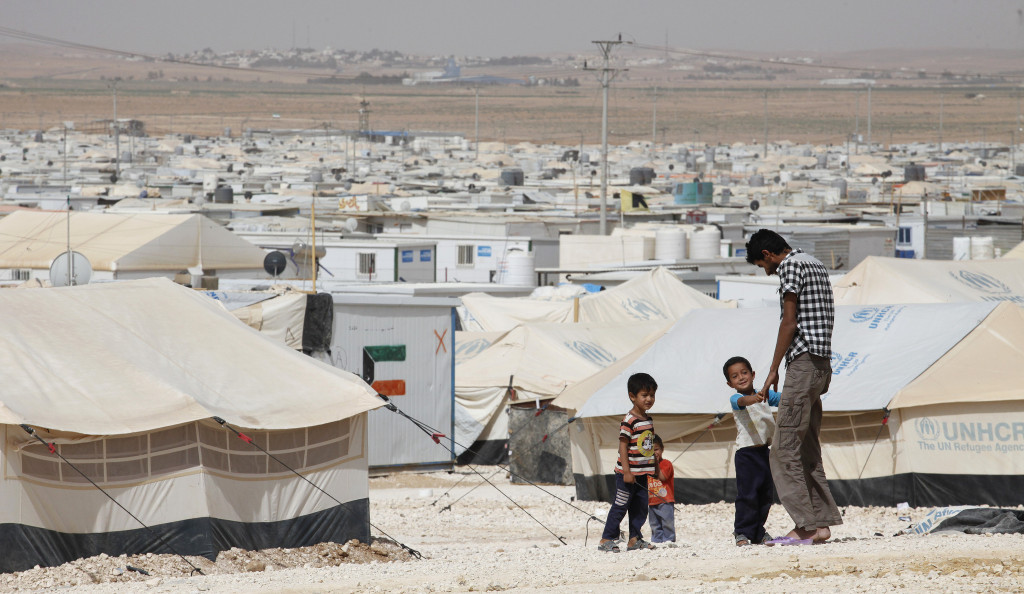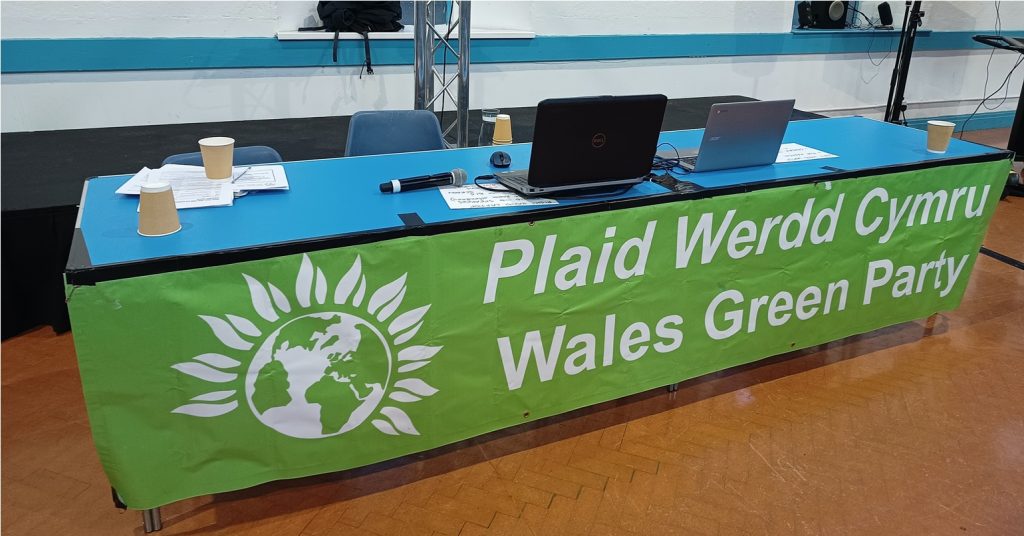Home Office announces plan to deport refugees by default

The UK Home Office has just announced that it will deport refugees after 5 years if it deems their country of origin safe for them. This is a cruel move which will force people back into danger, will destroy their lives, and will be bad for British society as a whole.
What was the policy and how is it changing?
Refugees and people granted humanitarian protection in the UK are initially granted five years leave to remain. After that, they can apply for permanent residence. The government has always been theoretically able to reject this application, and in particular it would do so for anyone who had been convicted of a crime. This was unfair, undermining equality before the law. Nonetheless, for most refugees, the application for permanent residence used to be fairly straightforward.
Refugee status, though very hard to obtain, thus offered some desperately needed security, as well as a real chance to rebuild shattered lives and find a place within a community here.
This ends now. Now, reassessment of cases will happen as a matter of course, with a view to deportation. Refugees will be deported after five years if their country of origin or their own circumstances are deemed ‘safe’.
The criteria with which the government will determine whether deportation is safe are disturbingly vague. Here they are:
- There has been a “significant and non-temporary change in country situation”.
- There have been changes in personal circumstances.
- The refugee has returned to their country of origin or habitual residence.
- The refugee has obtained a national passport from their home country.
- There is evidence the original decision to recognise refugee status was incorrect.
- Any dependents of the refugee have travelled home or obtained a national passport.
Numbers 1) and 5) are seriously open to abuse within a system designed to deport people, not to seriously and compassionately assess their need for protection and react accordingly. The rest of them are not good reasons for thinking that it would be safe for a refugee to return to live in their country of origin.
For example, let’s take ‘Any dependents of the refugee have travelled home or obtained a national passport’.
The idea, presumably, is that this means your country is safe for you and your family. However, sometimes, people do dangerous things and therefore sometimes people travel home when it is not safe. I would. I’d risk a lot to go to my sibling’s funeral, wouldn’t you? Perhaps it is wise of the Home Office to advise against refugees’ dependents travelling to their country of origin, in order to protect people. However, a dependent having done so is not proof of safety, even if the nothing bad happens to them when they are in the refugee’s country of origin. If I go rock-climbing without a harness, and I’m fine, no sane person would take this as evidence that it’s safe to climb without a harness. I imagine quite a lot of people would be keen to explain to me that I’d endangered myself. Also, even if your dependents are safe, this doesn’t mean that you are. For example, if a woman has fled domestic violence or forced marriage, her son might be safe while she is not. The Home Office does claim it will weigh some of these factors in deciding whether deportation is safe, but these are worrying starting points for their deliberations, especially as they will, as ever be trying to deport as much as possible. This policy will inevitably force some people back into danger.
Even in instances where it is safe for a refugee to return to their country of origin, forcing them to do so is both deeply cruel and bad for society as a whole.
Imagine the life of someone who has been living here as a refugee for five years. Obviously, lives are very diverse, but typically, they will have had very traumatic experiences prior to coming to the UK; they may then have been further traumatised by the draconian way in which the Home Office sets about assessing asylum claims. The asylum process will probably have lasted years, during which time they will have been forced to live below the poverty line and may well have been imprisoned in a detention centre (without charge or even suspicion of crime). During this time, people have become integrated into communities in Britain – making close friends, forming relationships, and often being at the heart of churches and mosques and volunteering for charities; also, building connections with any family who were here for unrelated reasons. In short, they build a life here.
Finally, once they have been granted refugee status, they will be allowed to work. This will be especially difficult because they will have been in forced unemployment for a long time, but they now have a chance. So, they will now be part of a workplace.
The new Home Office policy disregards all of these ties, and plans to uproot people who have made a home here. This is to treat refugees like numbers, not human beings. Nor is it to look to the ‘greater’ (read ‘British’) good. British communities are sure to be fragmented by the abrupt, violent removal of some of their members. Furthermore, by denying refugees security, the policy also helps to create an underclass – a group of people forced constantly to look over their shoulder whilst life goes on around them. This is cruel, and it is not good for anyone. Refugees have much to contribute, and it is better for everyone to allow them to do so.
This occurs alongside other disturbing developments in immigration law: Brexit, and therefore the UK’s extraction from the jurisdiction of EU human rights law; and a plan to annul the Human Rights Act, removing us from the European Court of Human Rights (which is separate from the European Union – this has no intrinsic connection to ‘hard Brexit’). This is not a coincidence. Among other things, the Human Rights Act and ECHR protects family life. It looks to the personal ties that people have built in their new home, and it does regard them.
And what about refugees who actually marry British citizens and have children with them? Will they be allowed to stay? We should note the policy that make it hard for UK citizens’ foreign spouses to live in the UK – unless they’re well off. ‘Safe return review’ is part of a tightening network of policies that victimises refugees and other immigrants. This network will tear families apart.
We must stop this. There are a couple of things that we can do:
- Sign the petition to parliament to end ‘safe return review’ and deportation of refugees, and grant them automatic settlement.
- Campaign to protect the Human Rights Act and for the UK to stay in the European Court of Human Rights.




Leave a Reply